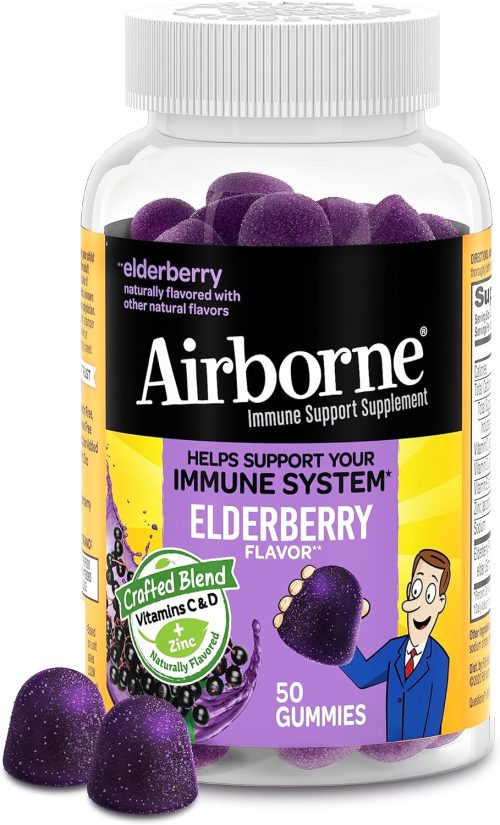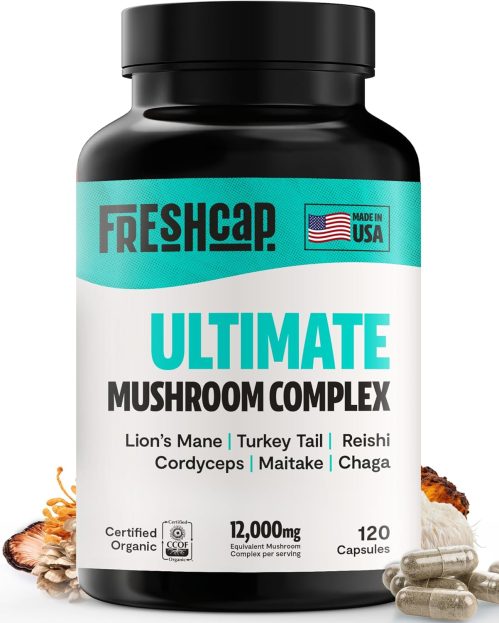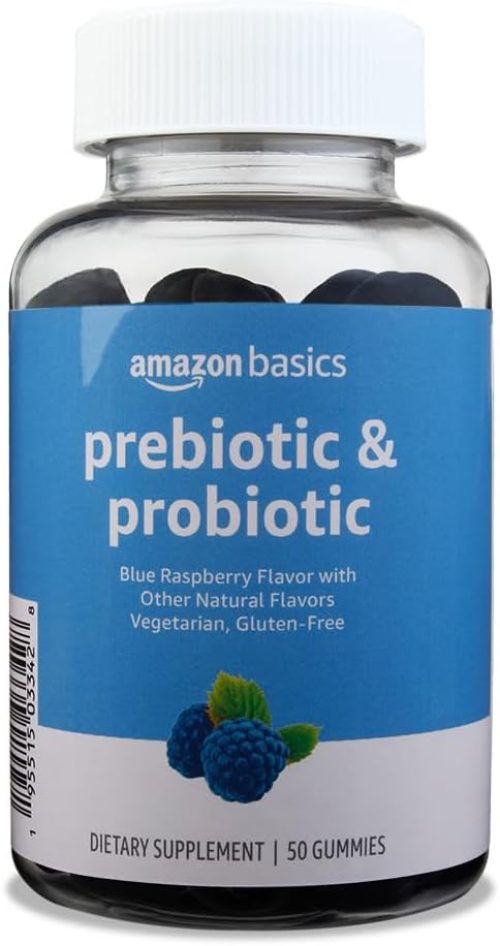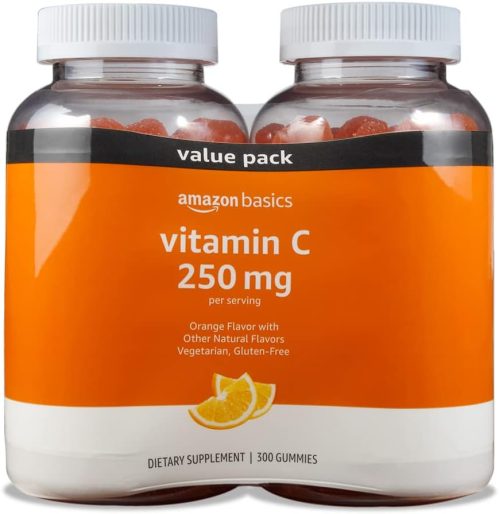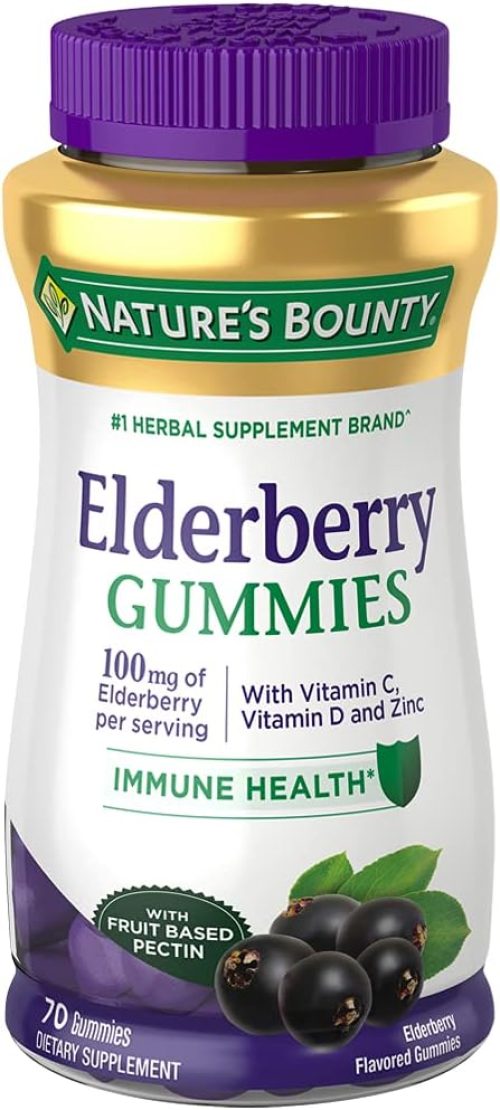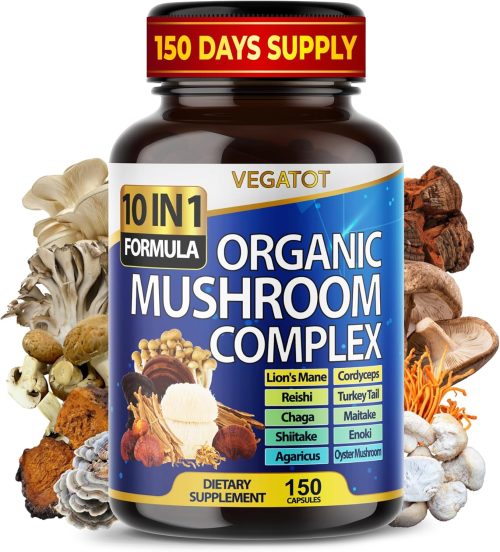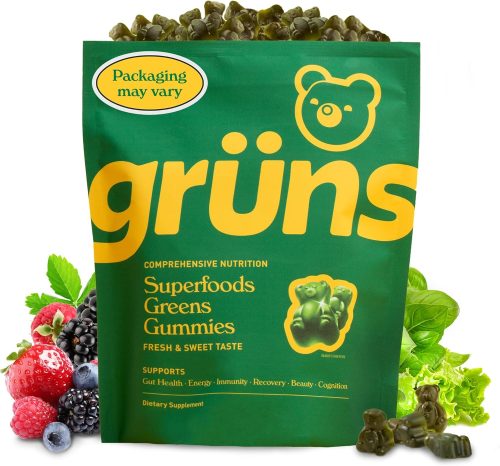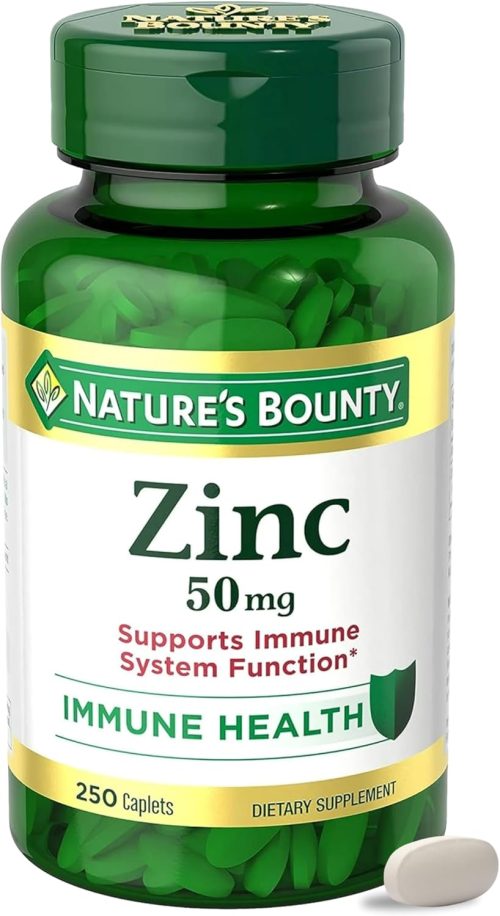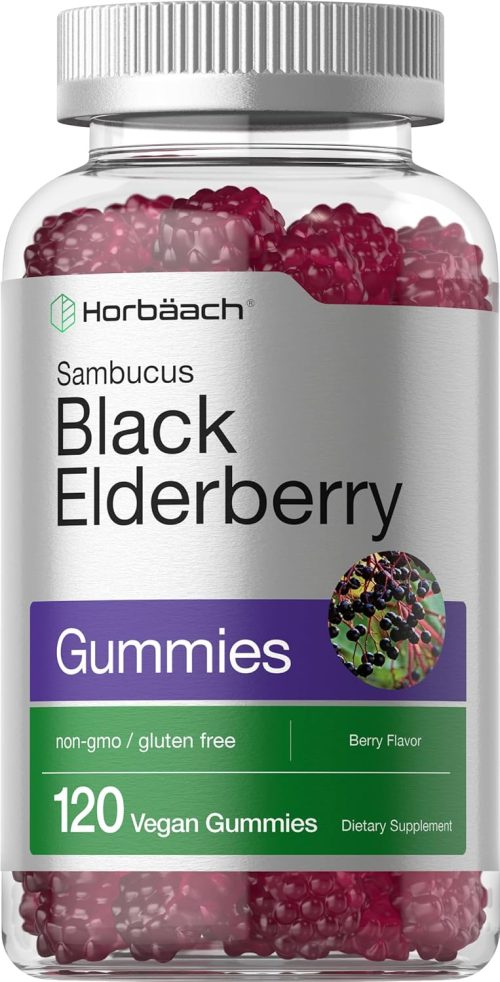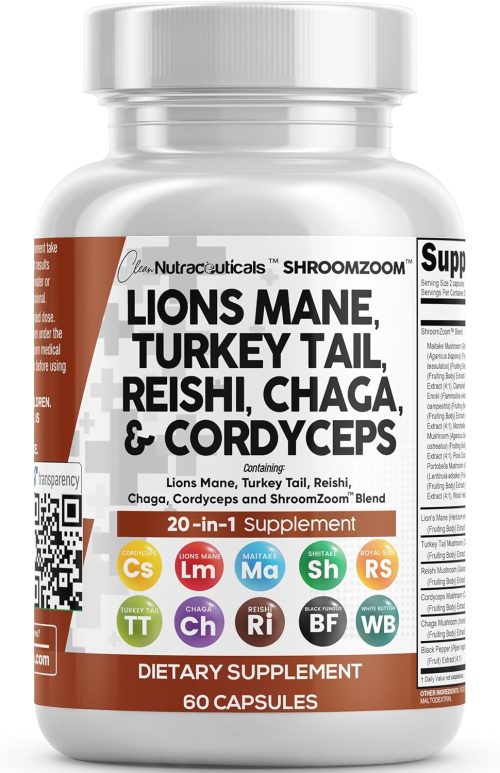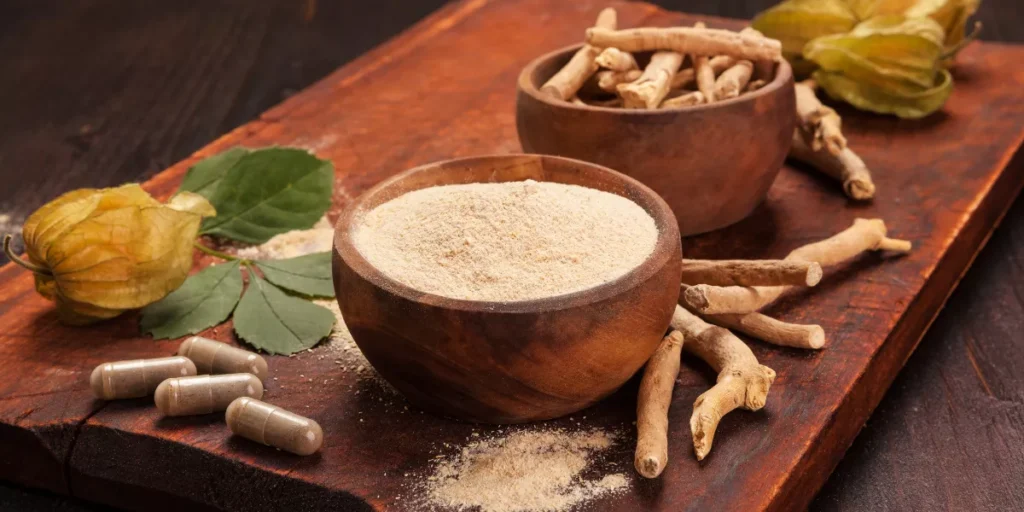
Have you ever wondered if supplements could be the key to preserving your cognitive function as you age? While the idea of popping a pill to maintain mental sharpness is appealing, the reality is more complex. Before you stock up on brain-boosting supplements, it’s crucial to understand the nuanced relationship between these supplements and age-related cognitive decline. Let’s explore the current scientific landscape to shed light on whether these supplements truly hold the promise of protecting your cognitive abilities in the long run.
Understanding Age-Related Cognitive Decline
To grasp the impact of age-related cognitive decline, imagine your brain as a complex network gradually undergoing changes over time. Picture pathways that once transmitted information swiftly now encountering disruptions, like roads with unexpected detours. As you age, these alterations can affect various cognitive functions such as memory, problem-solving, and decision-making. Tasks that were once effortless may now require more effort and time to complete. Your brain’s processing speed may slow down, and you might find it challenging to recall information quickly or stay focused for extended periods.
Moreover, the connections between different regions of your brain may weaken, leading to difficulties in multitasking or learning new skills. As age-related cognitive decline progresses, you may also experience challenges in adapting to new environments or situations. Understanding these changes is crucial in exploring strategies, such as supplements, that could potentially support cognitive health as you grow older.
Common Supplements for Cognitive Health
Considering various options for enhancing cognitive health, common supplements play a significant role in supporting brain function as you age. Omega-3 fatty acids, commonly found in fish oil supplements, are known for their brain-boosting properties. They help improve cognitive function and protect against age-related decline.
Another popular supplement is Ginkgo Biloba, which enhances memory and cognitive speed by increasing blood flow to the brain. Vitamin E, a powerful antioxidant, is also beneficial for cognitive health as it helps protect brain cells from oxidative stress.
Furthermore, Bacopa Monnieri, an herb traditionally used in Ayurvedic medicine, has been shown to improve memory and cognitive function. Lastly, phosphatidylserine, a type of fat compound, is essential for maintaining healthy brain cell membranes.
Including these common supplements in your daily routine may help support cognitive function and potentially reduce the risk of age-related cognitive decline.
Scientific Evidence and Research Findings
In scientific studies and research findings, the efficacy of common cognitive health supplements has been extensively analyzed. Researchers have investigated the impact of supplements like omega-3 fatty acids, ginkgo biloba, and vitamin E on age-related cognitive decline.
Some studies suggest that omega-3 fatty acids, found in fish oil, may have potential benefits for cognitive function by supporting brain health. Ginkgo biloba, derived from the leaves of the ginkgo tree, has been studied for its potential to improve memory and cognitive processing. However, research results on the effectiveness of ginkgo biloba have been mixed.
Vitamin E, known for its antioxidant properties, has also been a subject of interest in cognitive health research. Studies have shown conflicting results regarding the role of vitamin E in preventing cognitive decline. Overall, while some supplements show promise in supporting cognitive function, further research is needed to fully understand their effectiveness and potential benefits in preventing age-related cognitive decline.
Recommendations for Brain Health
As you seek to optimize your brain health and potentially mitigate age-related cognitive decline, incorporating certain lifestyle habits and dietary choices can play a significant role in supporting cognitive function. Regular physical exercise has been shown to improve brain health by increasing blood flow and promoting the growth of new brain cells. Aim for a combination of aerobic exercises, such as walking or swimming, and strength training activities to support overall brain function.
A diet rich in fruits, vegetables, whole grains, and healthy fats like those found in nuts, seeds, and fatty fish can provide essential nutrients for brain health. Omega-3 fatty acids, in particular, are crucial for cognitive function and may help reduce the risk of age-related cognitive decline. Consider incorporating sources of omega-3s such as salmon, flaxseeds, and walnuts into your meals.
In addition to physical activity and a nutritious diet, engaging in mentally stimulating activities like puzzles, reading, or learning a new skill can help keep your brain sharp as you age. Prioritizing quality sleep and managing stress levels are also vital components of maintaining optimal brain health. By making these lifestyle choices, you can support your cognitive function and potentially reduce the risk of age-related cognitive decline.
Trending Products

